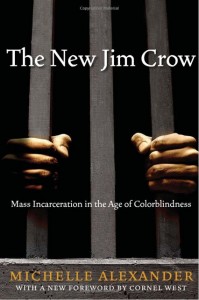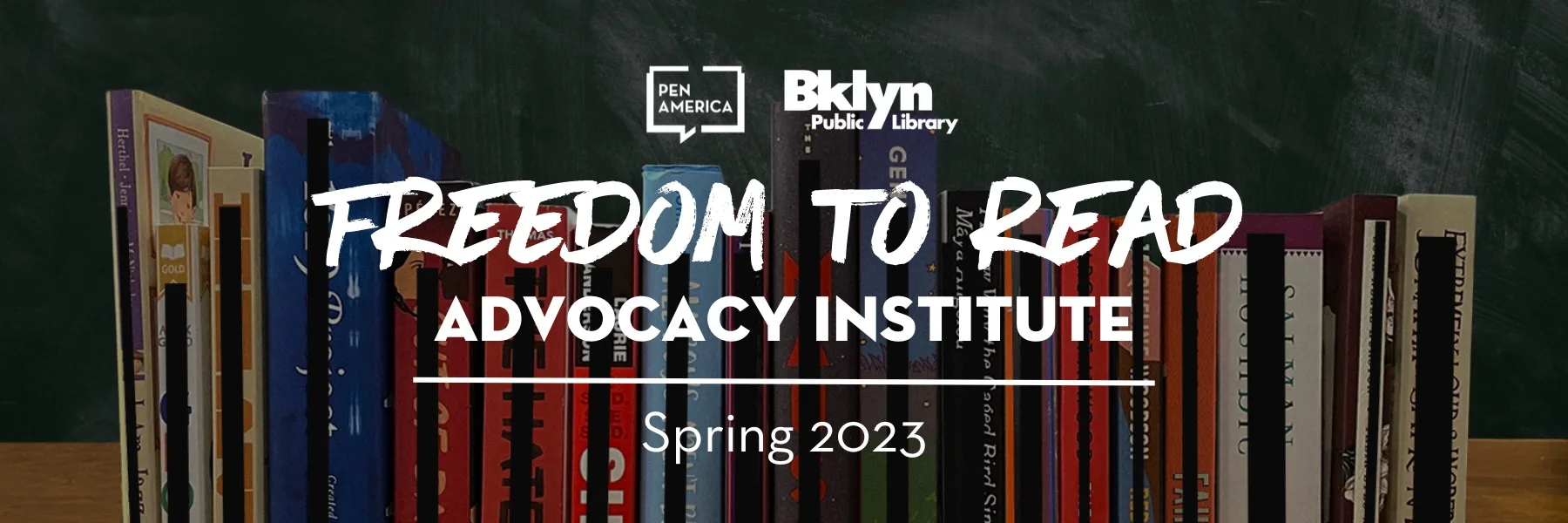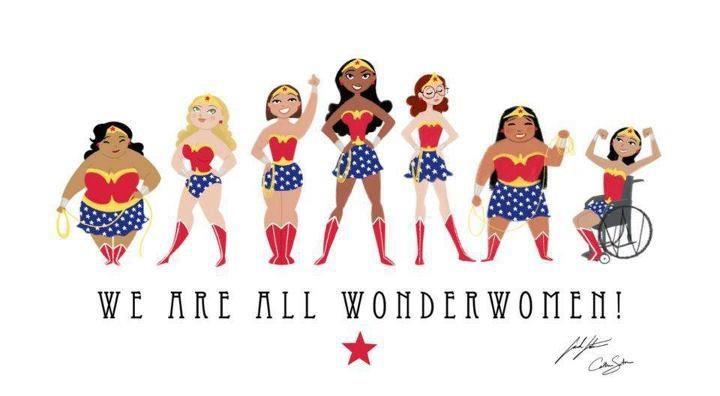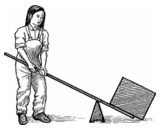People who believe widespread social problems are new to the United States come from ethnic backgrounds of privilege, or didn’t learn true history at home or in school. A Facebook friend and Green Party member thinks he is trying to explain to me that ethnicity does not affect a person’s belief about whether there is more corruption today than in the past. But, what Mark is really doing is demonstrating that he hails from a background where White male privilege is so much part of his personal culture that he is unaware that any other reality exists.
Like most people, Mark has accepted a version of reality based on selected facts provided to him through the influence of family, community and schooling. Perhaps he doesn’t know how many millions of born United States residents have been denied citizenship and voting rights because of ethnicity, gender, literacy and intentional voter disenfranchisement through various means. People excluded from voting rights have been denied full citizenship rights in other ways as well. It’s also possible that Mark has encountered these facts, but doesn’t see them as a corruption issue. If this is true, it will be because his family, community and education did not teach him to view corruption with an objective eye.
 The voting rights timeline in the United States reveals historical data more people should become intimately familiar with. Until 1965, for example, Black Americans did not have the right to vote and Mexican-Americans only gained full voting access in 1975. And voter disenfranchisement has reached epidemic proportions in our society: learn more through watching this discussion with TransAfrica founder Randall Robinson and New Jim Crow author Michelle Alexander, “about the mass incarceration of African Americans that has rolled back many achievements of the civil rights movement. Today there are more African Americans under correctional control, whether in prison or jail, on probation or on parole, than there were enslaved in 1850. And more African-American men are disenfranchised now because of felon disenfranchisement laws than in 1870.” Doesn’t this sound like societal corruption to you?
The voting rights timeline in the United States reveals historical data more people should become intimately familiar with. Until 1965, for example, Black Americans did not have the right to vote and Mexican-Americans only gained full voting access in 1975. And voter disenfranchisement has reached epidemic proportions in our society: learn more through watching this discussion with TransAfrica founder Randall Robinson and New Jim Crow author Michelle Alexander, “about the mass incarceration of African Americans that has rolled back many achievements of the civil rights movement. Today there are more African Americans under correctional control, whether in prison or jail, on probation or on parole, than there were enslaved in 1850. And more African-American men are disenfranchised now because of felon disenfranchisement laws than in 1870.” Doesn’t this sound like societal corruption to you?
Formal education always carries within it a subtle form of brainwashing. By selectively choosing the information and facts that students will be exposed to, formal education indoctrinates students into belief in a certain version of history and teaches them to adhere to select cultural norms and behaviour modalities. Schools teach a popularized version of history, one which inevitably reflects a belief system those who dominate society through the power of wealth or politics which to disseminate: either their own beliefs, or one which reinforces beliefs they want the general population to regard as reality. Only individuals who are deeply rooted in broad-based factual learning and whom become committed to apply analytic thinking and critical questioning to everything they learn, can escape coming to accept as real the slanted view of history and what good behaviour is, that is taught in most schools.
In other words, although we believe we are free to do and think anything, we are all products of our upbringing, educations and society; and together with genetics, these factors determine our likes and dislikes. This is explained neatly by contributors who responded to Philosophy Now’s Issue 76 Question of the Month: “How Are We Free?”
Colin Brooks of Leicestershire, England writes,
We are free to the extent that we are knowingly and intentionally able to make choices. To do so depends upon a), our choice-making capacities, and b), our awareness of the possible options. Both are inevitably limited. Our choice-making capacities may be impaired and can malfunction, but even in optimum condition our capacities are influenced by, if not the result of, our individual histories and environments – biological, social and cultural. These also affect our awareness of possible alternatives, and predispose us to veer toward some in preference to others. Of course we can reflect, attempt to compensate for limitations, but we cannot step outside of ourselves. read more




